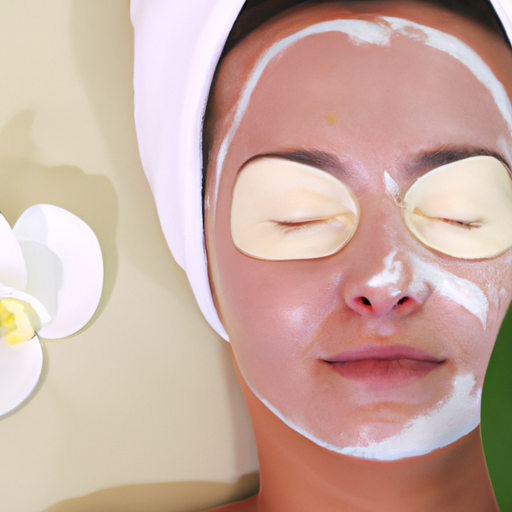Mental Health and Beauty Care: A Complex Intersection
The relationship between mental health and beauty care is complex and layered, underpinned by a myriad of factors that relate to societal norms, personal beliefs, and psychological predispositions. Beauty routines have powerful psychological implications that can both bolster and undermine mental well-being, providing a double-edged sword of empowerment and potential distress.
The Psychological Effects of Beauty Care
Studies indicate that a regular beauty routine can promote feelings of control, organization, and self-improvement, contributing to an overall sense of well-being. Adherence to a beauty routine can be seen as an act of self-love, cultivating a positive relationship with one's body and appearance.
However, the reverse can also be true. The emphasis on external appearance can exacerbate existing insecurities and pressures, causing undue stress and anxiety. Perfection and glamor, while seen as aspirational vistas of beauty, can precipitate negative psychological effects.
The Interplay Between External Appearance and Internal Mental Health
The link between external appearance and internal mental health is undeniable. A well-groomed appearance can augment one's self-esteem and social prestige, fostering a healthier state of mind. Conversely, dissatisfaction with one's physical appearance can lead to depression, anxiety, and low self-esteem. Therefore, it is essential to strive for a balance, using beauty care not as a measure of worth but as a tool for self-expression and wellness.
Beauty Industry and Mental Health
The beauty industry often promotes impossible beauty standards, which can contribute to an unhealthy mentality for many individuals. However, recently, there has been a shift towards a more inclusive, wellness-oriented approach. Brands are beginning to embrace diversity, promoting self-love and mental health awareness alongside their products.
Potential Benefits and Drawbacks of Beauty Care as a Self-Care Routine
While incorporating beauty care in self-care routines can boost self-esteem and encourage mindfulness, it can also become an added pressure. It is key that individuals differ wildly in their interaction with beauty and its impact on their mental health. Hence, some might benefit from a beauty-oriented self-care routine, while for others, it could serve as a reminder of insecurities and imperfections.
Societal Expectations of Beauty and Mental Health Challenges
Societal beauty standards pose significant challenges to mental health. The omnipresent pressure to conform to these standards can result in body dysmorphia and eating disorders. Moreover, unrealistic and narrow beauty standards can breed feelings of inadequacy and self-loathing.
Therapeutic Effects of Beauty Care Routines
Despite potential drawbacks, beauty care routines can also have a therapeutic effect. The act of taking time for oneself, engaging in nurturing behaviors, and changing one's appearance can all help lower stress and improve mood, elevating mental health.
Ultimately, the critical factor is the perception and personal meaning that each individual attaches to their beauty care routines. In conclusion, the intersection of mental health and beauty care is multi-faceted, prompting us to approach the topic with sensitivity, open-mindedness, and respect for individual differences.

















Comments
Leave a Comment